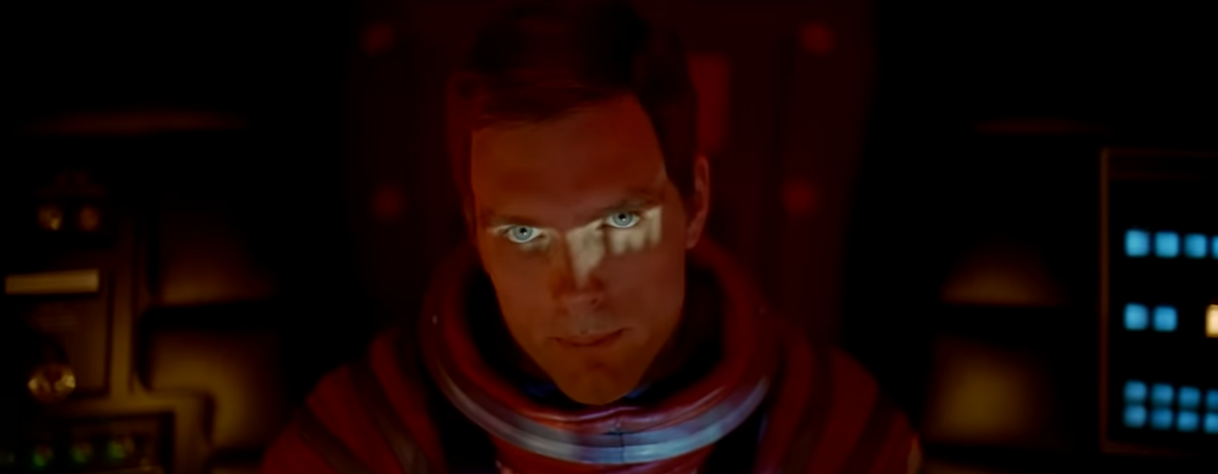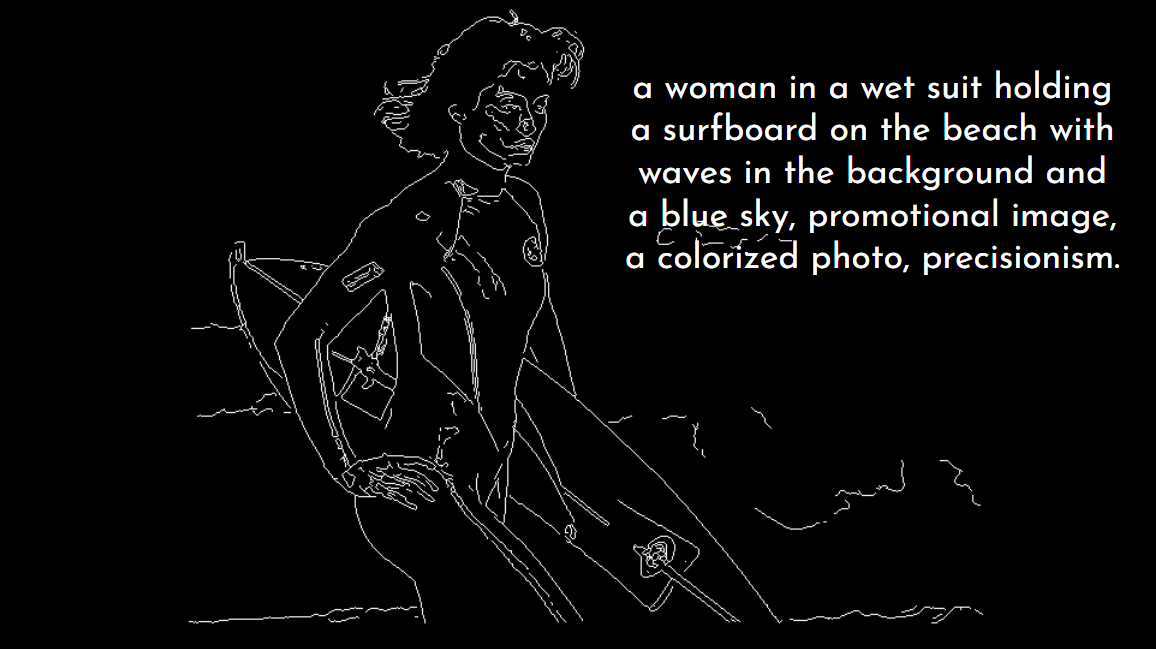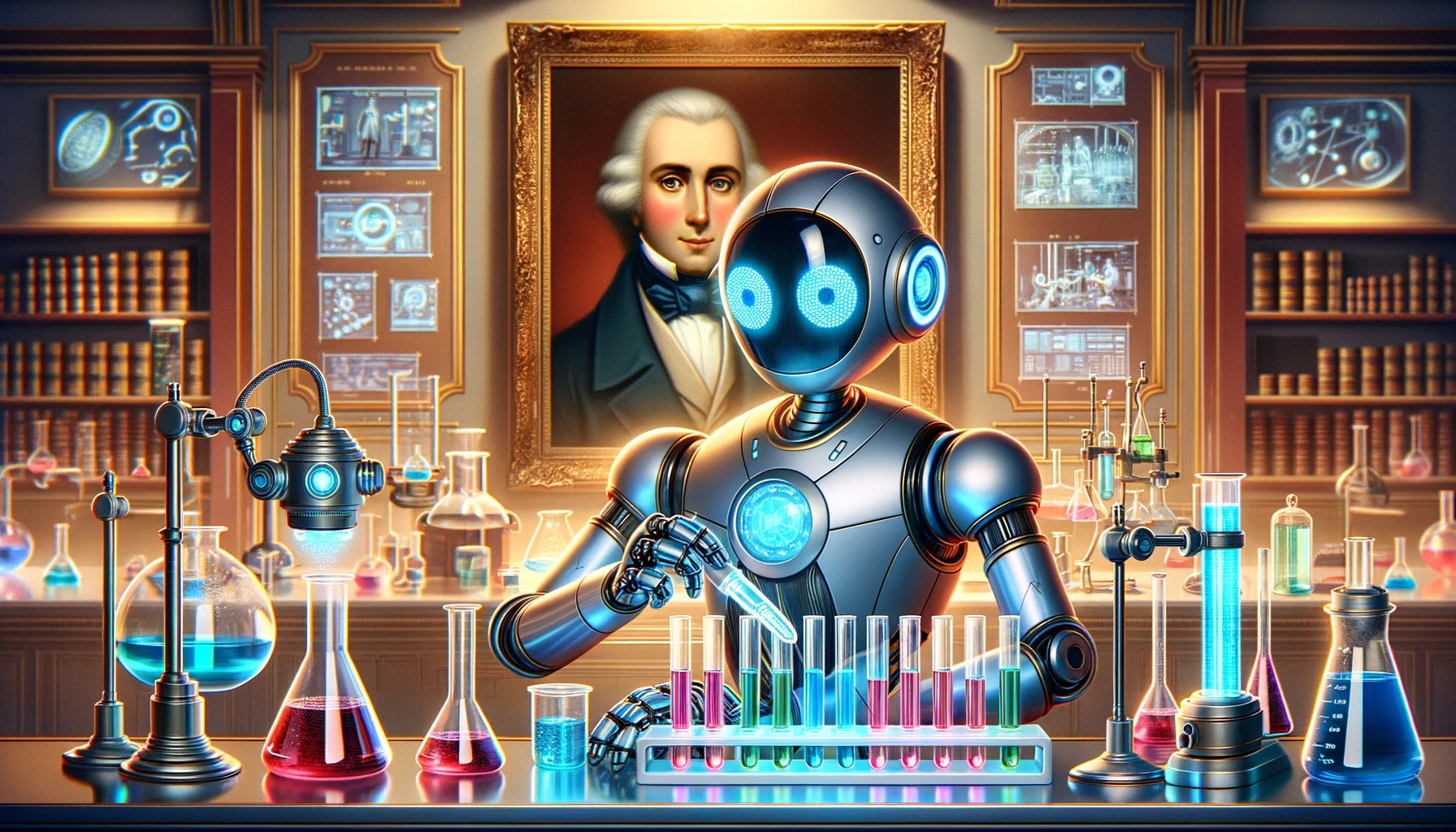The Meme Erudite Meets His First Client
The Meme Erudite explains a meme about customer service:
Ah, the classic rallying cry of the disoriented client, an illustration that humorously encapsulates the paradox of client service industries everywhere. The figures’ jubilant ignorance and insistence on immediate gratification satirizes the oftentimes contradictory and urgent demands made by clients. Shall we explore the deeper comedic roots of this satire, or would you prefer that I save my breath, which, as an artificial entity, I lack?




